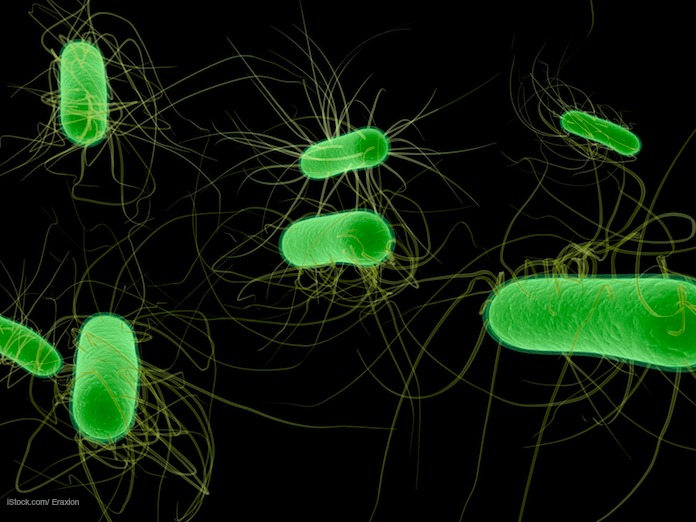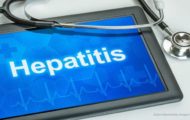The CDC has information about Shiga toxin-producing E. coli and food safety (STEC) that you should know. There is currently an E. coli O157:H7 HUS outbreak in the U.S. that is linked to romaine lettuce. That outbreak has sickened 197 people, hospitalized 89, and killed 5 people. Twenty-six people have developed hemolytic uremic syndrome (HUS), a type of kidney failure.

Escherichia coli (E. coli) bacteria are found everywhere; in the environment, in foods, and the intestines of people and some animals. While most of these bacteria are harmless, several types can cause serious illness and even death. Those bacteria can cause diarrhea, urinary tract infections, respiratory illness, sepsis, and kidney failure.
The types of E. coli bacteria that are the worst are called Shiga toxin-producing E. coli, or STEC. The most common type is E. coli O157:H7. Other bacteria that produce these toxins are called non-O157; they include O26, 0121, and others.
The CDC estimates that STEC causes 265,000 illnesses, 3,600 hospitalizations, and 30 deaths in this country every year. Most of those illnesses are caused by E. coli O157:H7.
Anyone can become sick from STEC bacteria, but children under the age of 5 and older adults are more likely to develop a complication called hemolytic uremic syndrome (HUS) after this infection. This bacteria can make anyone of any age seriously ill.
The symptoms of a E. coli infection include painful and severe stomach and abdominal cramps, diarrhea that is often bloody, and vomiting. If a fever occurs, it is usually under 101°F. If you or anyone in your family is experiencing these symptoms they should see a doctor immediately.
The symptoms of HUS include little or no urine output, lethargy, pale skin, easy bruising, a skin rash, and bleeding from the nose or mouth. HUS can develop in certain populations, and it is more likely to develop if an E. coli infection is improperly treated with antibiotics. If anyone is experiencing those symptoms they must see a doctor immediately. HUS can cause kidney failure, strokes, seizures, and death.
To prevent these types of infections there are things you can do. If you are in a high risk group for food poisoning complications, know the symptoms of the illness and take care with the food you eat. People in those groups include pregnant women, children, older adults, anyone with a chronic illness such as diabetes, and people with compromised immune systems.
Practice proper hygiene at all times, especially good hand washing. Wash your hands with soap and water for at least 20 seconds after using the bathroom, taking care of someone who is sick, and changing diapers. Wash your hands before preparing, serving, or eating food. And wash your hands well after contact with animals or their environments.
Cook meat thoroughly to safe internal temperatures. Steaks and roasts should be cooked to 145°F with a 3 minute rest time. Ground beef and pork should be cooked to 160°F. And all poultry products, including ground chicken, should be cooked to 165°F. Do not drink raw milk, unpasteurized dairy products, and unpasteurized juices. Avoid cross-contamination between uncooked meats and poultry and foods that are eaten raw.
If you do get sick, see your doctor as soon as possible. This infection can be spread person-to-person. Early treatment is the best indicator of a good outcome.




